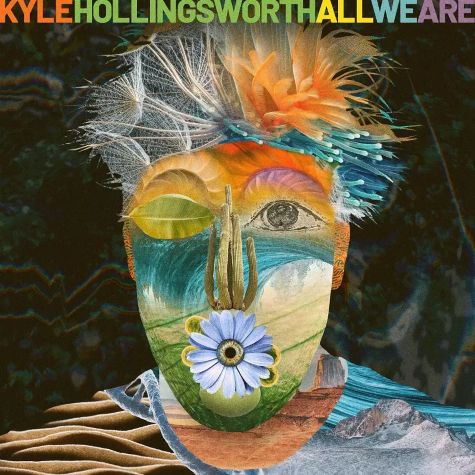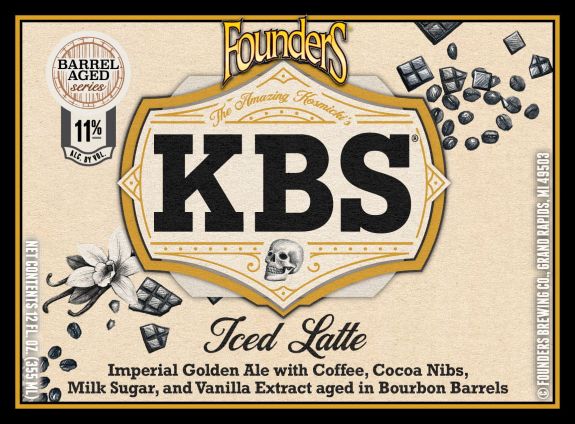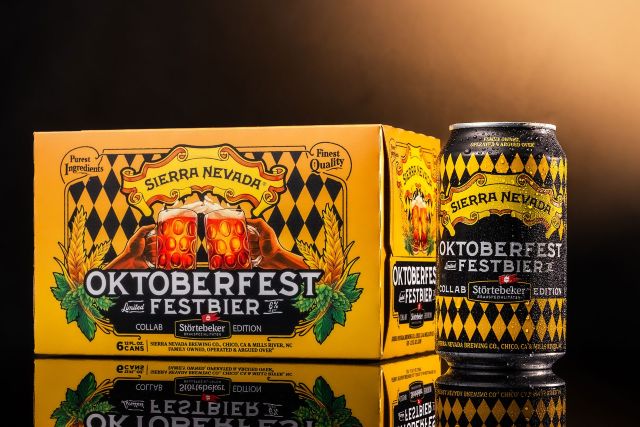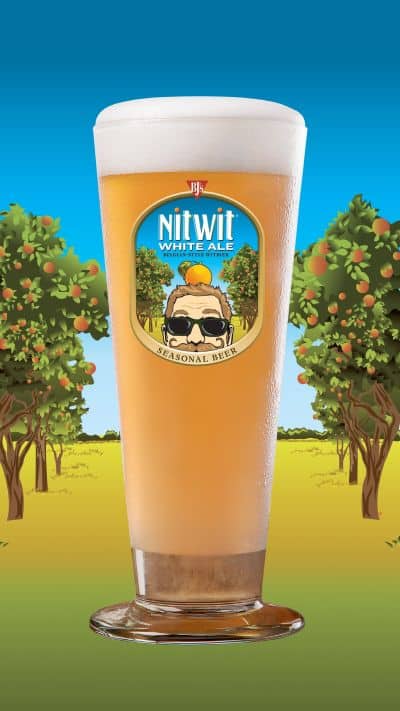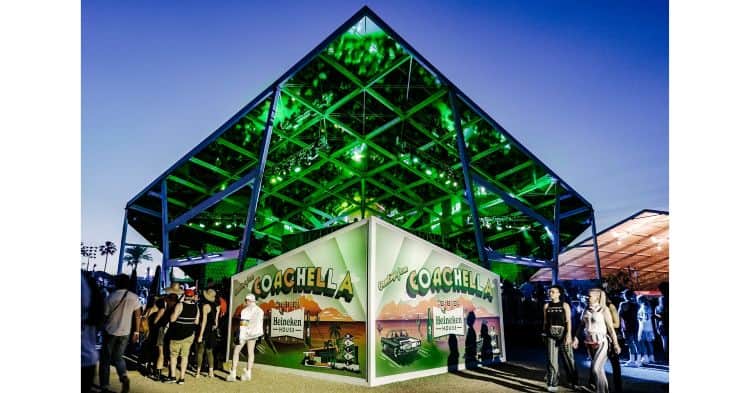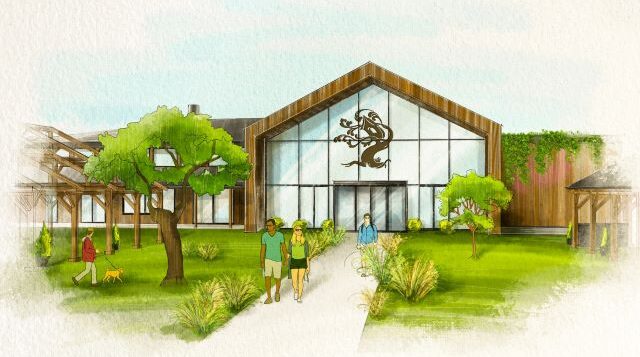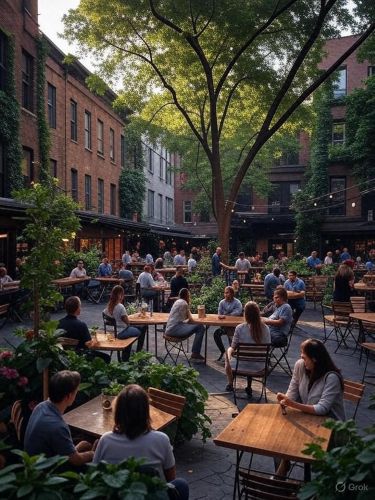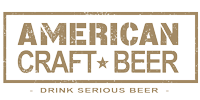Recreational Cannabis Now Legal In Canada
Recreational Cannabis Now Legal In Canada
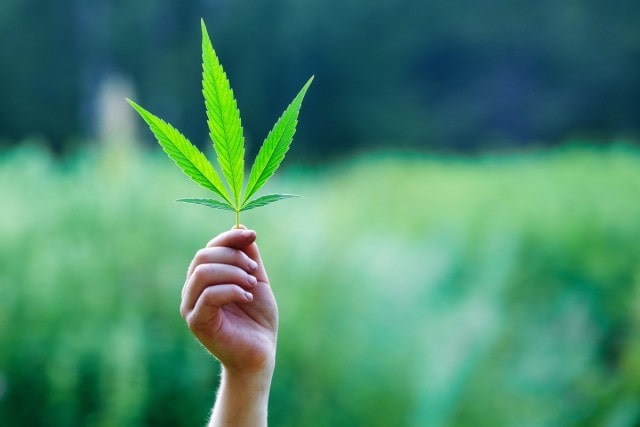
And if you don’t think that this legislation’s passage won’t impact the US, you’d better check what you’re smoking.
Here’s the deal…
On October 17th Canada legalized recreational cannabis making it the second nation in the world after Uruguay to take such an action.
In passing the long-anticipated legislation Canada has put an end to the criminalization of the substance and a law that has been in place since 1923. And we expect that repercussions will be felt on both sides of the border.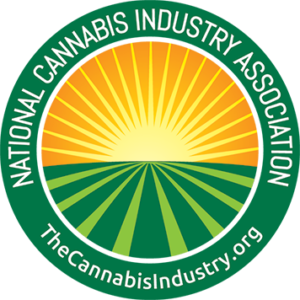
The legislation, which was a 2015 campaign promise by now Prime Minister Justin Trudeau and passed in the Canadian Senate in June comes with caveats, some obvious, others less so.
First you have to be at least 18 years old to purchase recreational cannabis oil, seeds, plants and dried cannabis in Canada and you can only purchase those products from licensed producers and retailers in the provinces.
The new law also specifies that one can only possess up to 30 grams of dried cannabis in public, so if you’re consuming more than that daily you’ll need to be careful.
The new legislation, which is expected to generate more than C$400m a year in tax revenue for Canada, will no doubt attract the attention of US legislators who will be watching closely what the New York Times has labeled a “national experiment.”
Nine US states and Washington DC have legalized recreational cannabis for those aged over 21 and medical marijuana is legal in 30 states.
On the question of whether the nationwide legalization of cannabis in Canada will bleed across the border, one only has to Colorado. That state’s legalization of cannabis products have led to a flow of their products that are now covertly enjoyed all over America.
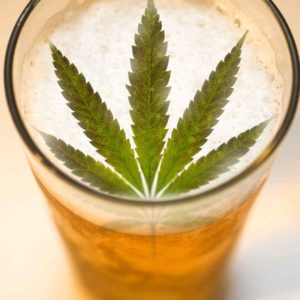 It’s not a mistake that a prominent border state like Michigan voted to ban all cannabis-infused drinks last month. And even though the state is poised to possibly legalize cannabis this month officials also fear an illicit flood of new products from their neighbors up north.
It’s not a mistake that a prominent border state like Michigan voted to ban all cannabis-infused drinks last month. And even though the state is poised to possibly legalize cannabis this month officials also fear an illicit flood of new products from their neighbors up north.
The Canadian law’s passage also opens the gateway for drinks majors who are already looking to cash in on a growing industry (no pun intended) where the cannabis edibles and drinks sector alone are projected to reach more than $4.1 billion by 2022.
And while cannabis drinks is still a small and emerging market, many key players in the drinks industry are increasingly engaged in the sector.
One of the first firms to throw its hat into the recreational cannabis ring, Constellation Brands, home to Corona and other Mexican brands, recently announced plans to up its stake in Canadian cannabis producer Canopy Growth to 38%.
UK-based Diageo is currently exploring the possibility of developing its own line of CBD-infused drinks with several Canadian cannabis producers.
Molson Coors has entered into a joint venture with Quebec’s HEXO (a recreational cannabis subsidiary to Canada’s The Hydropothecary) to develop a range of cannabis drinks in Canada.
Heineken-owned Lagunitas has launched a line of non-alcoholic drinks infused with THC, marijuana’s active ingredient.
And even soda giant Coca Cola, is showing interest in drinks infused with CBD, the non-psychoactive compound in marijuana that some see as a health elixir.
Cannabis banner image credit: iStock
(Pot Beer Image Credit: Mitchell Maglio)
